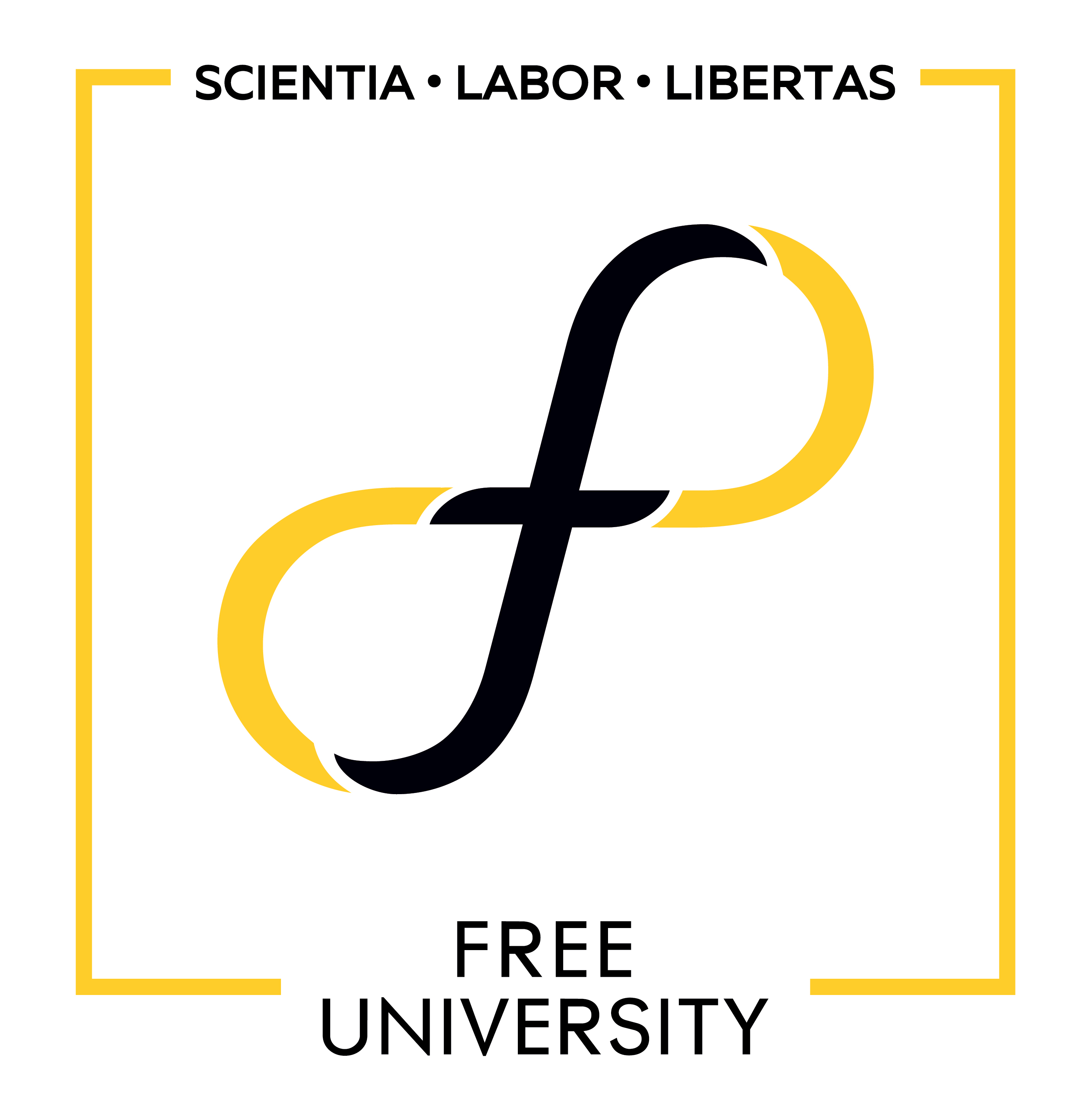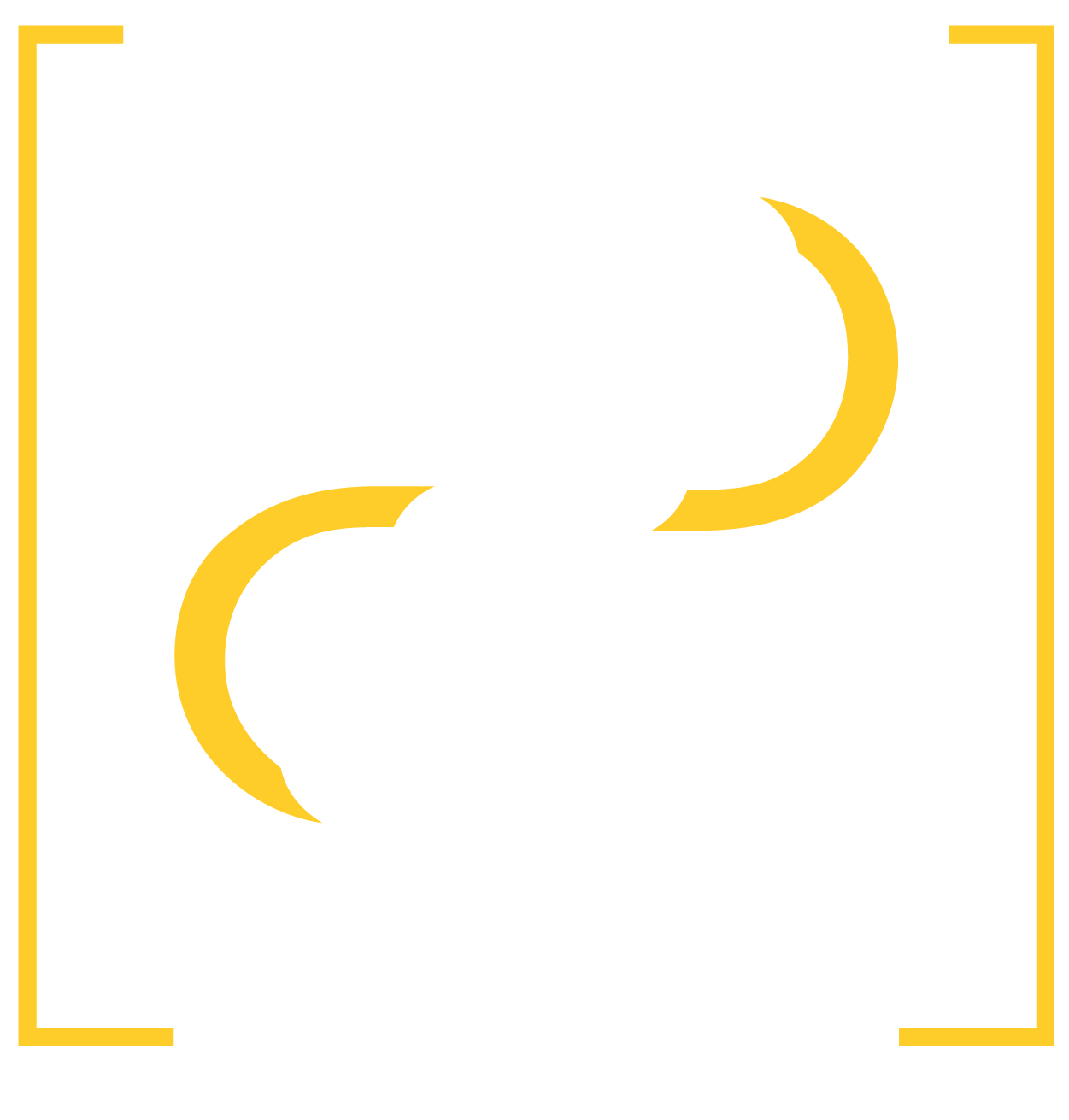Kakha Bendukidze
Kakha Bendukidze was born on 20 April 1956 in Tbilisi, and died on 13 November 2014 in London, while in emigration . He was a scientist, businessman, reformer, philanthropist and an educator.
What did he leave after death?
- Free University of Tbilisi and Agricultural University of Georgia, successful private higher education institutions, which are an extraordinary phenomenon in the post-Soviet region.
- Reformed Georgia - its deep reforms have entered the history of Georgia as, perhaps, the most radical example of transformation in the last 100 years. Georgian reforms have become a source of inspiration for change for various countries.
Free and Agricultural Universities
In 2007, Kakha Bendukidze founded a non-profit, charitable organisation The Knowledge Fund, which is the largest private endowment in the field of education and science in Georgia. The Knowledge Fund is the founding organisation of Free University of Tbilisi and Agricultural University of Georgia.
"I have created an organisation in which I can only invest money, but can never take any of it out. It is a charity organisation, that’s its official status. [...] Its beneficiary is education, not Bendukidze or any other of my relatives." Kakha Bendukidze talking about the Knowledge Fund in the program "Focus", 2014.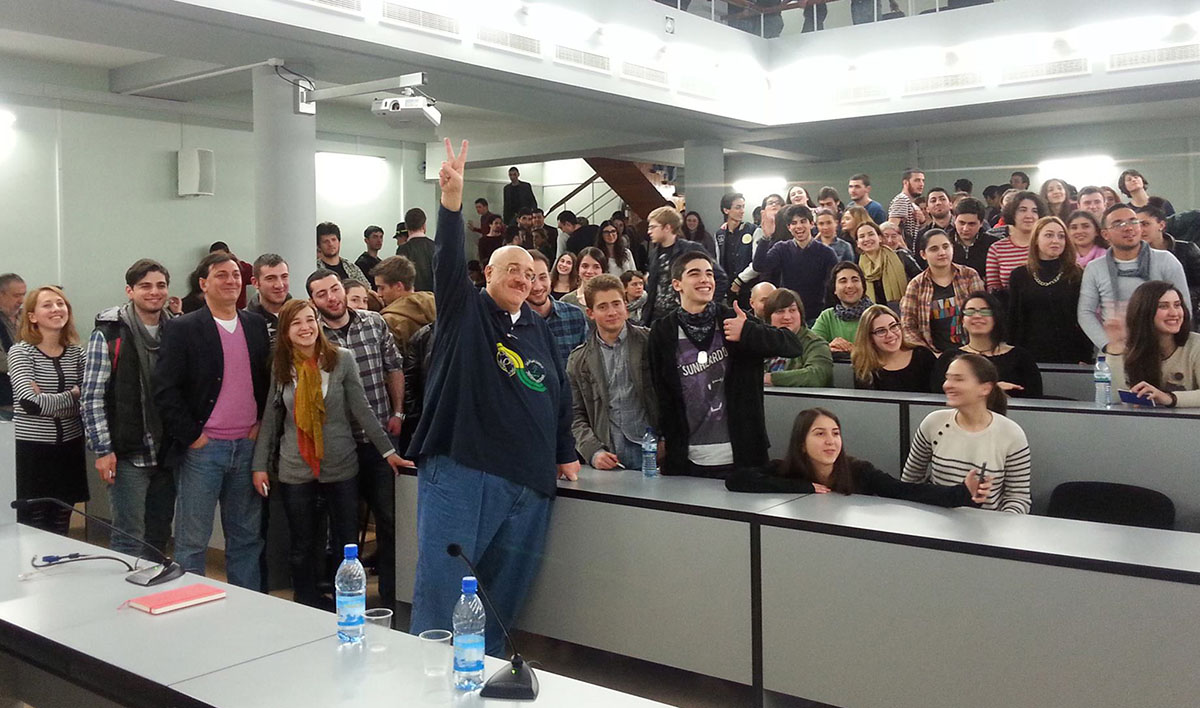
After leaving the public sector, Kakha Bendukidze founded the two best higher education institutions in Georgia - Free University of Tbilisi, and gave a novel, long lasting life to the Agricultural University of Georgia.
In 2008, by acquisition of ESM Business School and Institute of Asia and Africa became part of the Free University of Tbilisi. In the following years, a Law School, a School of Mathematics, Computer Science and Engineering, a school of Governance and Social sciences, a School of Physics, a School of Visual Arts, Architecture and Design, a Master's and Doctoral school were established in Free University of Tbilisi. Today there are 10 bachelor's, 6 master's, 4 doctoral programs and numerous certification courses.
In 2011, Kakha Bendukidze has started large-scale reforms for the fundamental transformation of, by then dilapidated, Agricultural University of Georgia, which included: development and implementation of new programs which took into account international experience, establishment of practical and laboratory courses, selection of qualified professors and researchers, a large part of whom returned to Georgia from abroad at the invitation of Kakha Bendukidze, radical rehabilitation and renovation of the campus infrastructure, equipping laboratories with modern equipment. Today, Agricultural University of Georgia implements 11 bachelor's, 6 master's, 5 doctoral programs and a number of certification courses.
Between 2007 and 2014, Kakha Bendukidze has invested 50 million USD in education and science through the Knowledge Fund. Since 2018, the Knowledge Fund has also started its activities in secondary education. After Kakha Bendukidze's death, his Team has invested an additional 30 million USD through the Knowledge Fund, making the total investment by 2023 more than 80 million USD, which is an outstanding private charitable investment in the field of education and science in Georgia.
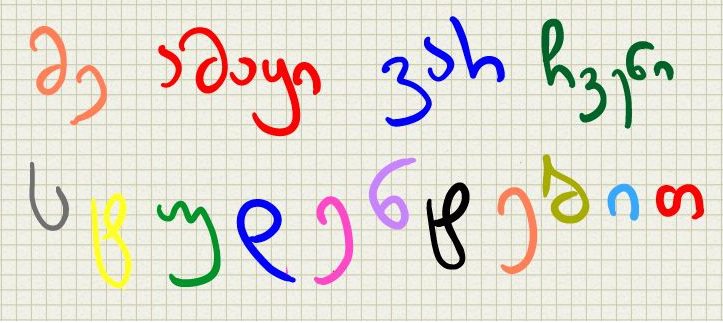 Facebook cover published by Kakha Bendukidze on 14 March 2013, which he drew to mark the restoration of the authorization for the Agricultural University of Georgia, as a result of the students' protest and the support of international partners.
Facebook cover published by Kakha Bendukidze on 14 March 2013, which he drew to mark the restoration of the authorization for the Agricultural University of Georgia, as a result of the students' protest and the support of international partners.
Reformed Georgia
Kakha Bendukidze is one of the most important figures not only in the history of Georgian education and science, but also in the history of modern Georgia as a country.
His reforms made Georgia's economy more viable and modern, his achievements have a common basis. Bendukidze's main mission was westernisation and bringing the post-Soviet countries closer to the developed world. Due to his practical, results-oriented nature, he was primarily seen as a public figure.
Bendukidze called himself a ‘realist libertarian’. For him, the main idea of libertarianism was simple: "The government's attempt to do something good is harmful." or, as he himself put it: "The purpose of our reforms was to transfer as much as possible to private ownership."
Kakha Bendukidze got the opportunity to realise himself in politics in 2004, when he was appointed as the Minister of Economy of Georgia. He believed that if you get a chance to do something for the country, you should use it, even if you can be fired at any moment.
"After a four-hour conversation with Zhvania, he offered me to become the Minister of Economy. After thinking about it for 10 seconds, I agreed. Thus began a new phase of my life. What was I thinking about in those 10 seconds? I’ve left behind doing business in Russia, so I wasn’t thinking about it. I thought about Tbilisi, which looked unpleasant back then - a dusty city with cobbled streets, “Iveria” building covered with blue-cardboard and filled with refugees; I thought about the ministers I saw, who amazed me with their non-Soviet thinking; I was thinking how great and beautiful Georgia could be; what should the Minister of Economy do. I thought that if I didn't accept this offer now, I would never get a chance to do anything more important than this." Kakha Bendukidze, "And therefore", Tabula, 2010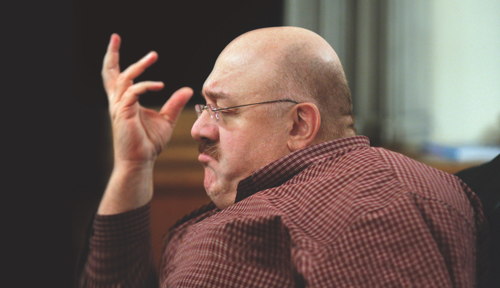
From June 2004 to February 2009, Kakha Bendukidze held three positions: Minister of Economy (June-December 2004), State Minister for Coordination of Reforms (December 2004 - January 2008), Head of the Chancellery of the Government of Georgia (January 2008 - February 2009). Kakha Bendukidze became one of the most influential and effective politicians in Georgia, as he played an important role in carrying out profound reforms that had completely transformed the country.
As the author of economic reforms, Kakha Bendukidze believed that it was necessary to implement radical and deep reforms in Georgia due to the following factors:
- a small market with a closed economy,
- territories occupied by Russia,
- excessive Soviet and post-Soviet regulations,
- systemic corruption,
- lack of natural resources,
- absence of neighbouring countries with developed economies.
To realise his vision, Bendukidze started gathering his team, such people as Vato Lejava, who became the Deputy Minister of Economic Development in 2004, or Tamar Kovziridze, another one of his deputies. Bendukidze was also looking for young people who shared his vision and were not "corrupted" by communist mentality, all of them were just over 20 years old when they joined him.
The main thing that Kakha Bendukidze brought to the team of Georgian reformers was radical mistrust of the state. "If you fight for maximum freedom, you will not lose. If you fight to limit freedom, you should think 250 times. It is worth doing this only if you are against a greater "non-freedom" with this behaviour," he believed.
The in-depth reforms that were carried out under Bendukidze included: reduction of bureaucracy (reducing public agencies by at least a ⅓ and halving the number of employees in the public sector), reduction of the number of existing taxes and lowering the tax rates, drastic reduction of licences and permits, significant simplification of business registration, comprehensive privatisation, introduction of open visa regime, trade liberalisation (dramatically reducing the time, paperwork, procedures and trade tariffs needed to import and export goods), creating flexible labour laws, and others.
Bendukidze's privatisation policy and reforms attracted a large amount of direct foreign investment. For example, in 2004-2008, the total amount of direct foreign investment amounted to 5.7 billion US dollars, of which 702 million came from Great Britain, 512 million from the United States, 438 million from the United Arab Emirates, 444 million from Turkey and 307 million came from Kazakhstan. The investment from Russia was only 232 million US dollars. If we include investments from Cyprus (since Russian companies are often registered in Cyprus), this number will increase to 515 million US dollars, which is not even 10% of foreign direct investments received during that period.
Despite the suspension of natural gas and electricity supply by Russia in 2006, the embargo imposed by Russia on agricultural products in the same year, the 2008 Russia-Georgia war and the 2008 international financial crisis, Georgia's economy grew rapidly as a result of Bendukidze's reforms, and the average growth reached 7%; from 2004 to the third quarter of 2012, trade turnover increased by 310%, tax revenues by 380%, and GDP by 60% (at constant 2003 prices).
"Choose what kind of economic growth you want. If it’s 12% per year - in 2040 we will be the leading country in the world. There is no such wealthy country today. 10% per year - in 2040 we will be among the 20 richest countries in the world. 7% per year - in 2040 we will be at the bottom of the developed countries. 4% per year - in 2040 we will be losers . 2% per year - we will not exist in 2040. We will become nothing." Kakha Bendukidze, "Boring calculations of GDP and choices to be made", Tabula, 2010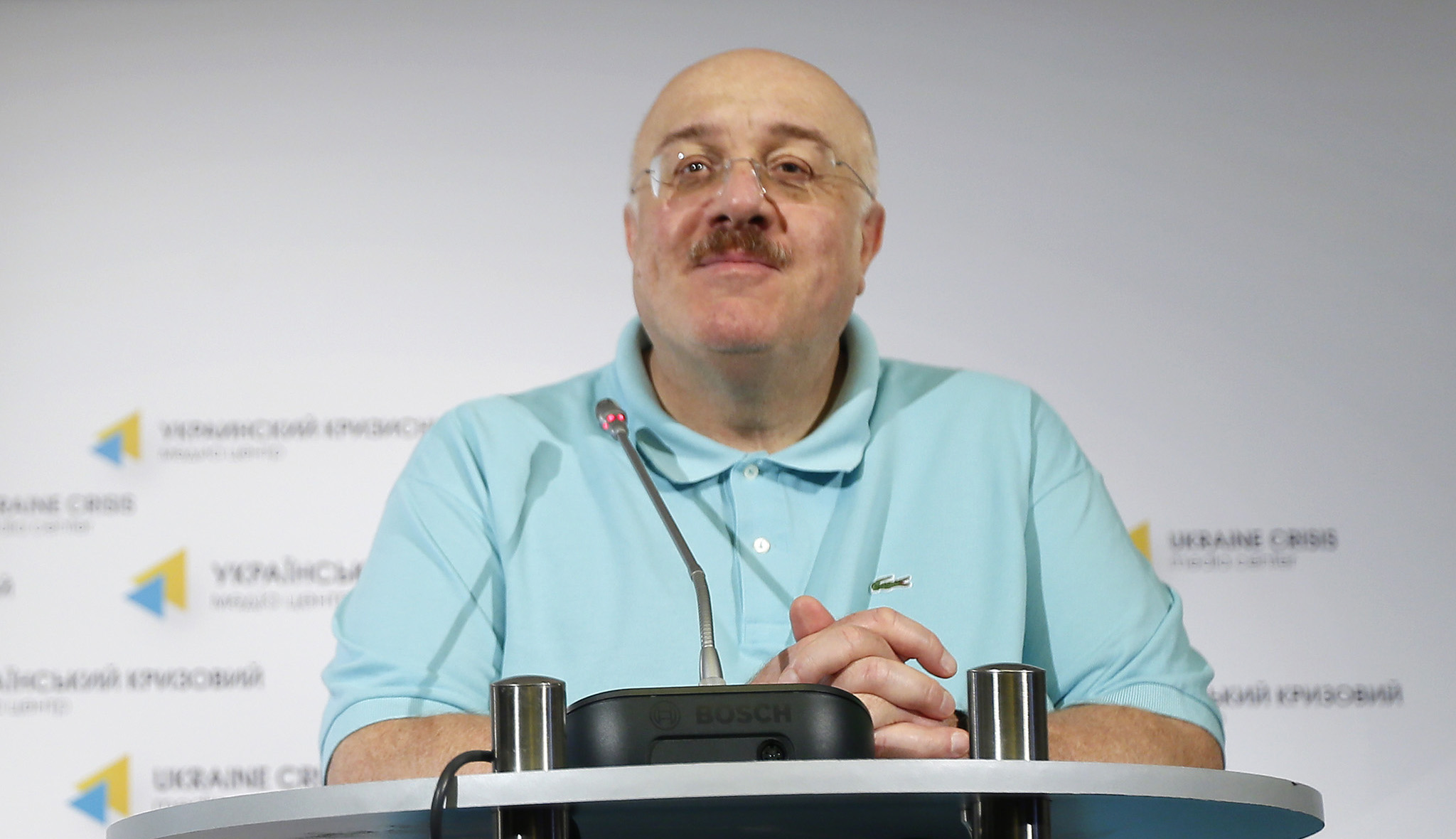
Kakha Bendukidze graduated from the Faculty of Biology of Tbilisi State University in 1977. In the same year, he enrolled in postgraduate studies at Moscow State University. After graduating in 1981, Kakha Bendukidze worked first at the Institute of Biochemistry and Physiology of Microorganisms at the Academy of Sciences, then at the Institute of Biotechnology as a laboratory manager. His research was mainly focused on genetic engineering technologies and the creation of recombinant vaccines. A biologist by education, he founded his first business "Bioprocess" in 1987.
He spent his adult years in Moscow. However, by 2004, Bendukidze started transferring his activities to Georgia and returned to his home country.
Due to the reforms carried out and the creation of the best universities, The New Yorker referred to Kakha Bendukidze as The Man Who Remade Georgia.
This text is based on the following materials:
Vladimir Fedorin, 2016. The Road to Freedom (Conversations with Kakha Bendukidze). Publishing House of Free and Agricultural Universities.
European Stability Initiative, 2017. Georgia's Libertarian Revolution. Publishing House of Free and Agricultural Universities
National Statistical Service of Georgia
